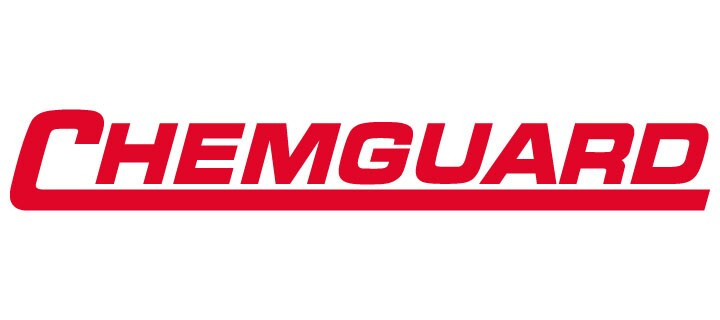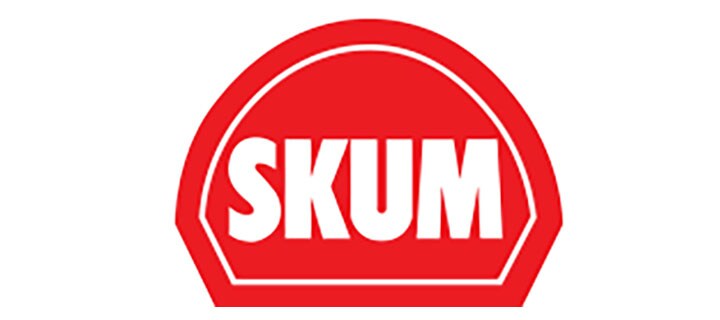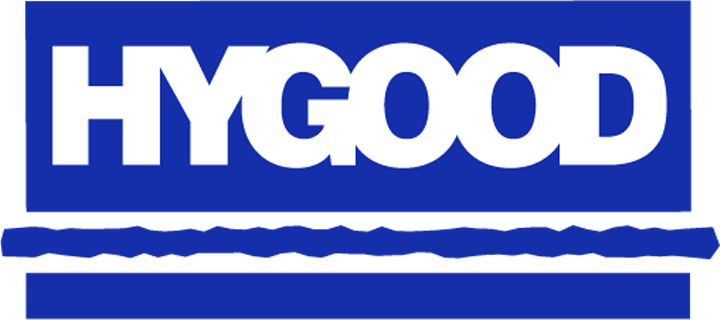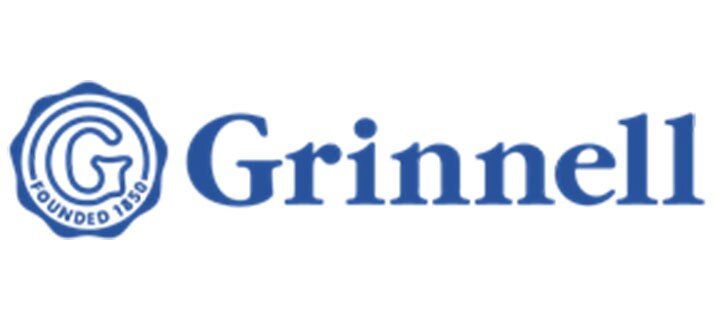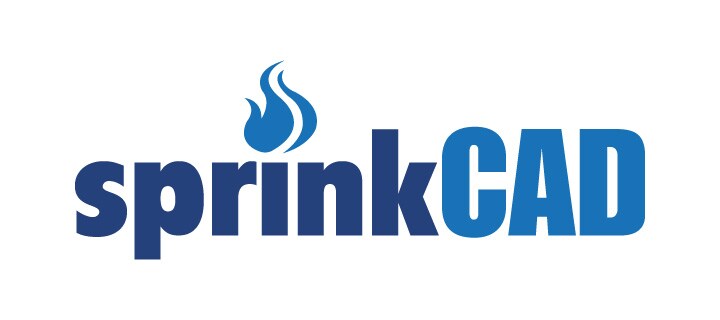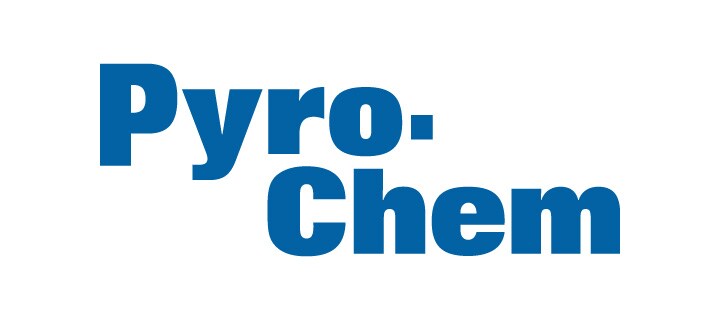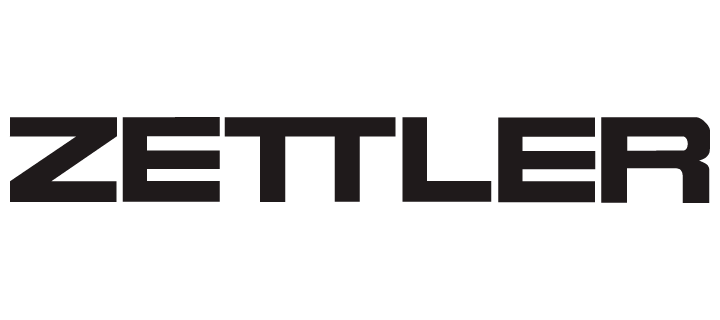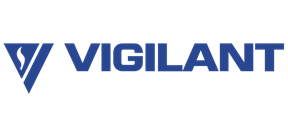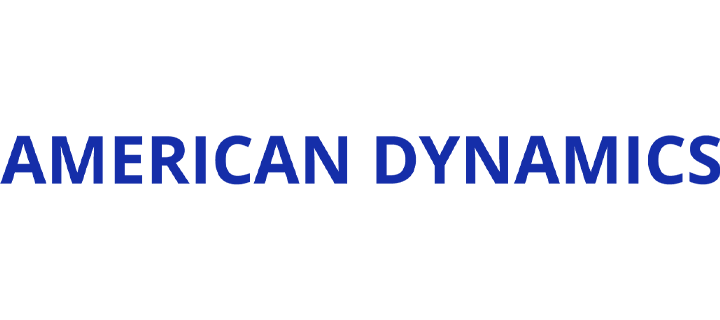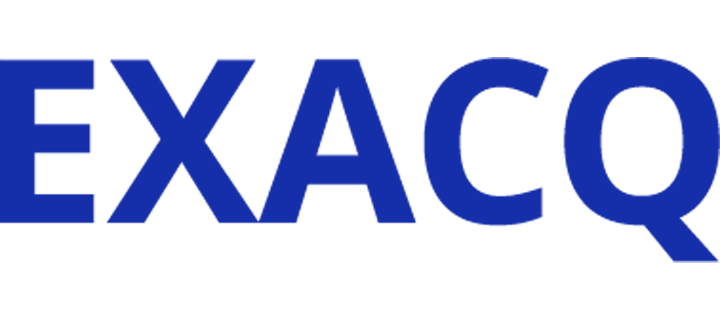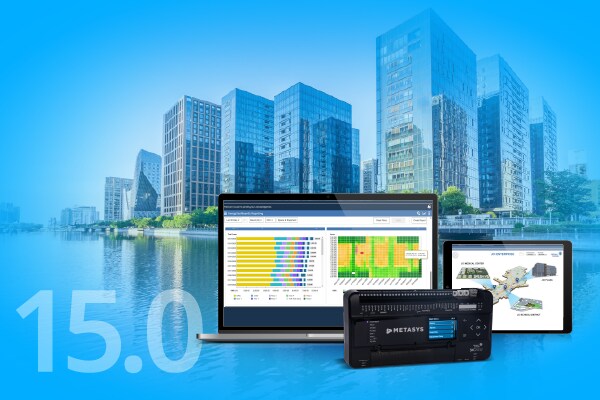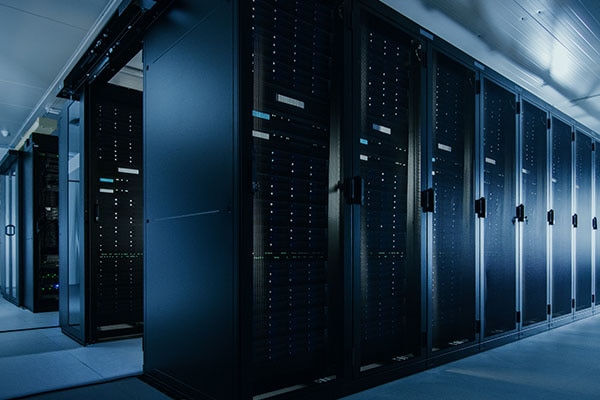Unleashing The Power Of IoT: Transforming Businesses Through IoT Hubs And Platforms
In today’s fast-paced era of digital transformation, the Internet of Things (IoT) has emerged as a groundbreaking force, fundamentally redefining how businesses operate, connect, and innovate. With the UK renowned for its progressive, tech-savvy business environment, it’s no surprise that the adoption of IoT technologies is driving significant advancements across industries. From smart manufacturing to retail and healthcare, IoT solutions are unlocking unparalleled opportunities for growth and efficiency.
In this expanded article, we delve into the intricacies of IoT, shedding light on the vital roles played by the IoT hub and the IoT platform, and exploring how businesses can harness these technologies to achieve operational excellence, improve customer experiences, and future-proof their operations.
Understanding The Internet Of Things (IoT)
At its core, the Internet of Things refers to a vast network of interconnected devices embedded with sensors, software, and communication technologies. These devices are capable of collecting, processing, and sharing data in real-time, enabling smarter decisions and seamless automation. The IoT ecosystem encompasses a wide array of devices, ranging from wearable health trackers and home automation tools to industrial machinery and connected vehicles.
The true power of IoT lies in its ability to turn raw data into actionable insights. By bridging the physical and digital worlds, IoT empowers organisations to enhance efficiency, optimise processes, and anticipate challenges before they arise.
The Role of the IoT Hub: The Backbone of IoT Ecosystems
The IoT hub serves as the central nervous system of any IoT ecosystem. Acting as intermediary, it facilitates the smooth exchange of data between connected devices, ensuring that the network functions cohesively and securely. Think of an IoT hub as the orchestrator of your IoT solutions, managing everything from device authentication to data routing and communication protocols.
For businesses, investing in robust IoT hubs is crucial to building a reliable and scalable IoT infrastructure. They not only streamline device management but also enhance security by monitoring data flows and detecting anomalies in real-time. Whether it’s coordinating thousands of sensors on a factory floor, or enabling seamless communication between smart home devices, IoT hubs are indispensable for achieving an integrated and efficient IoT network.
The IoT Platform: The Launchpad for Innovation
While IoT hubs excel at managing connectivity, IoT platforms elevate the potential of IoT solutions by offering a comprehensive suite of tools and services for developing, deploying, and managing IoT applications. These platforms serve as the command centre for IoT ecosystems, integrating critical capabilities such as:
- Data analytics: Turning vast streams of IoT data into meaningful insights.
- Device management: Enabling seamless onboarding, monitoring, and updating of connected devices.
- Security protocols: Implementing robust measures to protect sensitive data and prevent cyber threats.
- Custom application development: Providing tools to build tailored solutions that address specific business needs
IoT platforms allow organisations to go beyond basic connectivity and explore advanced functionalities such as predictive maintenance, real-time reporting, and intelligent automation. By leveraging IoT platforms, businesses can stay competitive, agile, and responsive to evolving market demands.
Key Benefits Of IoT For Businesses
The integration of IoT solutions, powered by IoT hubs and platforms, unlocks numerous benefits for businesses. Here’s how IoT is transforming the corporate landscape:
- Enhanced Operational Efficiency: IoT enables real-time monitoring and automation, driving significant improvements in operational efficiency. In manufacturing, for example, IoT sensors monitor machinery performance, predict maintenance needs, and minimise downtime. Similarly, in logistics, IoT-enabled tracking devices optimise supply chains by providing live updates on inventory and shipment status. These advancements reduce costs, improve productivity, and create leaner, more responsive operations.
- Data-Driven Decision Making: The wealth of data generated by IoT devices allows businesses to make informed decisions with greater precision. Advanced analytics tools on IoT platforms help organisations identify trends, anticipate customer needs, and optimise resource allocation. For instance, retailers use IoT data to study consumer behaviour, adjust inventory in real-time, and personalise marketing strategies, leading to enhanced customer engagement and satisfaction.
- Improved Customer Experiences: IoT transforms the way businesses interact with customers by enabling personalised, proactive services. In the retail sector, smart shelves equipped with IoT technology can automatically update inventory and suggest restocking based on demand patterns. Similarly, connected devices in the hospitality industry can personalise guest experiences, such as adjusting room settings based on preferences. These capabilities foster stronger customer loyalty and a competitive edge in crowded markets.
- Heightened Security Measures: With the proliferation of connected devices, cybersecurity has become a top priority. IoT platforms integrate advanced security features, such as encryption and anomaly detection, to safeguard sensitive data and protect against cyber threats. This is especially critical in industries like finance and healthcare, where breaches can have severe consequences. Investing in secure IoT hubs and platforms ensures compliance with regulations and builds trust among stakeholders.
- Environmental Sustainability: As sustainability takes centre stage, IoT is playing a pivotal role in driving greener practices. Smart Energy Management Systems use IoT technology to monitor and optimise energy consumption, reducing waste and emissions. For businesses in the UK, where environmental responsibility is a growing priority, adopting IoT solutions aligns with corporate social responsibility goals while achieving cost savings.
- Scalability and Future-Proofing: IoT platforms are inherently scalable, enabling businesses to expand their IoT ecosystems as needs evolve. Whether adding new devices or integrating advanced analytics tools, IoT platforms ensure flexibility and adaptability. This scalability positions businesses to stay ahead of technological advancements and market shifts, making IoT solutions an essential investment for long-term growth.
As the country continues to embrace digital transformation, the role of IoT, IoT hubs, and IoT platforms becomes increasingly significant. From optimising operations to enhancing customer experiences and contributing to sustainability goals, the benefits for businesses are vast. By harnessing the power of IoT, businesses can not only stay competitive but also lead the charge in shaping the future of connected technologies. The journey towards a more connected and efficient business landscape has just begun, and IoT is undoubtedly a driving force in this exciting evolution.
The Road Ahead: Embracing IoT’s full potential
As digital transformation accelerates, the adoption of IoT hubs, platforms, and solutions will continue to shape the future of business. By integrating these technologies, organisations can unlock efficiencies, deliver superior customer experiences, and contribute to a more sustainable world.
For UK businesses, the opportunities presented by IoT are vast. By leveraging IoT hubs to streamline connectivity and IoT platforms to harness advanced capabilities, organisations can stay competitive, innovative, and resilient. The journey towards a more connected and efficient business landscape is only just beginning, with IoT leading the charge in this exciting evolution.
Johnson Controls – Leading The Way In IoT, AI And Smart Building Technology
When it comes to emerging technologies and implementation, Johnson Controls is at the forefront, having been named “Overall IoT company of the year” and "IoT innovator of the year” in both 2019 and 2020 and “IoT partner ecosystem of the year” in 2021. Plus, Johnson Controls has been named "Overall Leader for its Smart Building Management Platform" by ABI Research.
To discuss IoT, your smart building requirements or our ground-breaking OpenBlue smart building solution, please get in touch using the form below.

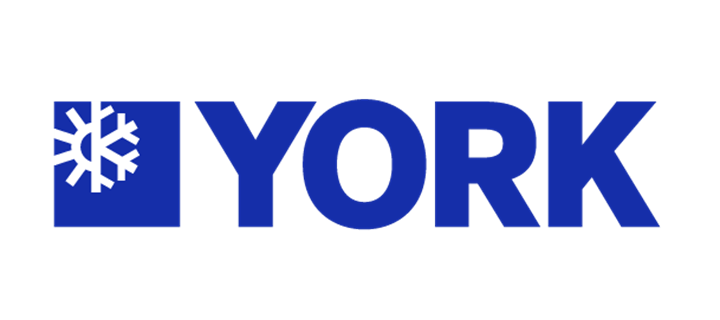

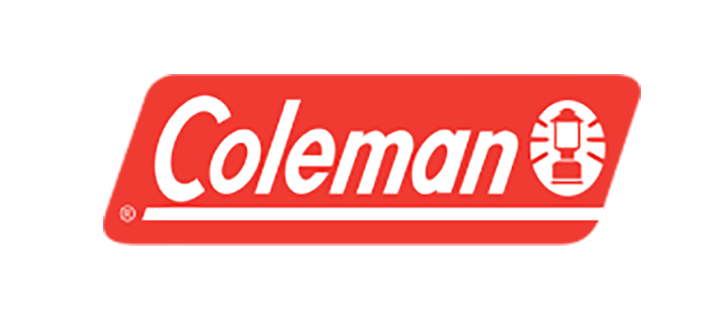

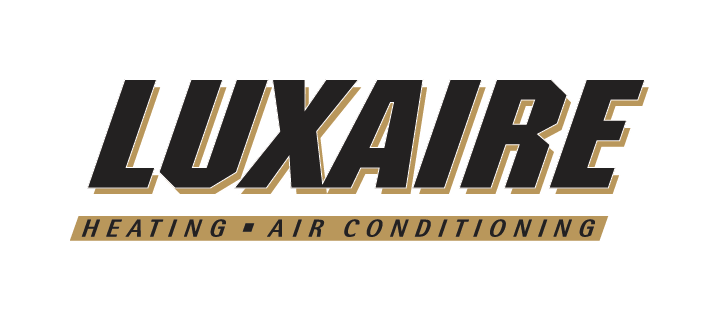
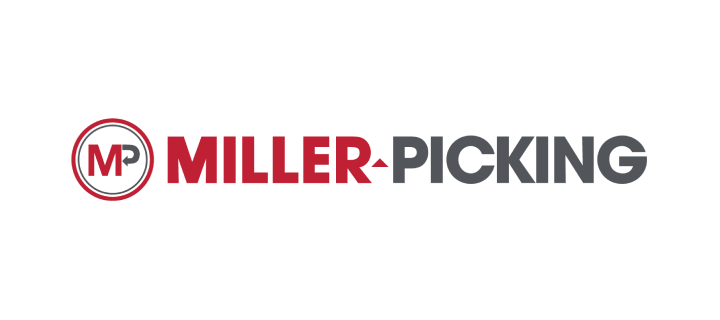

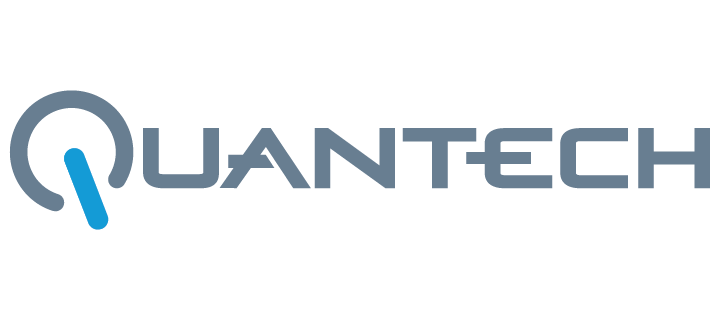
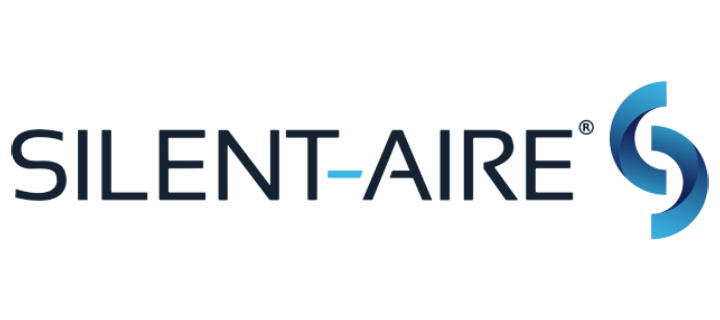
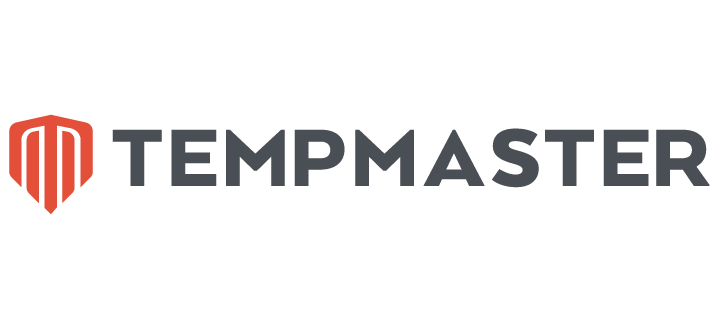

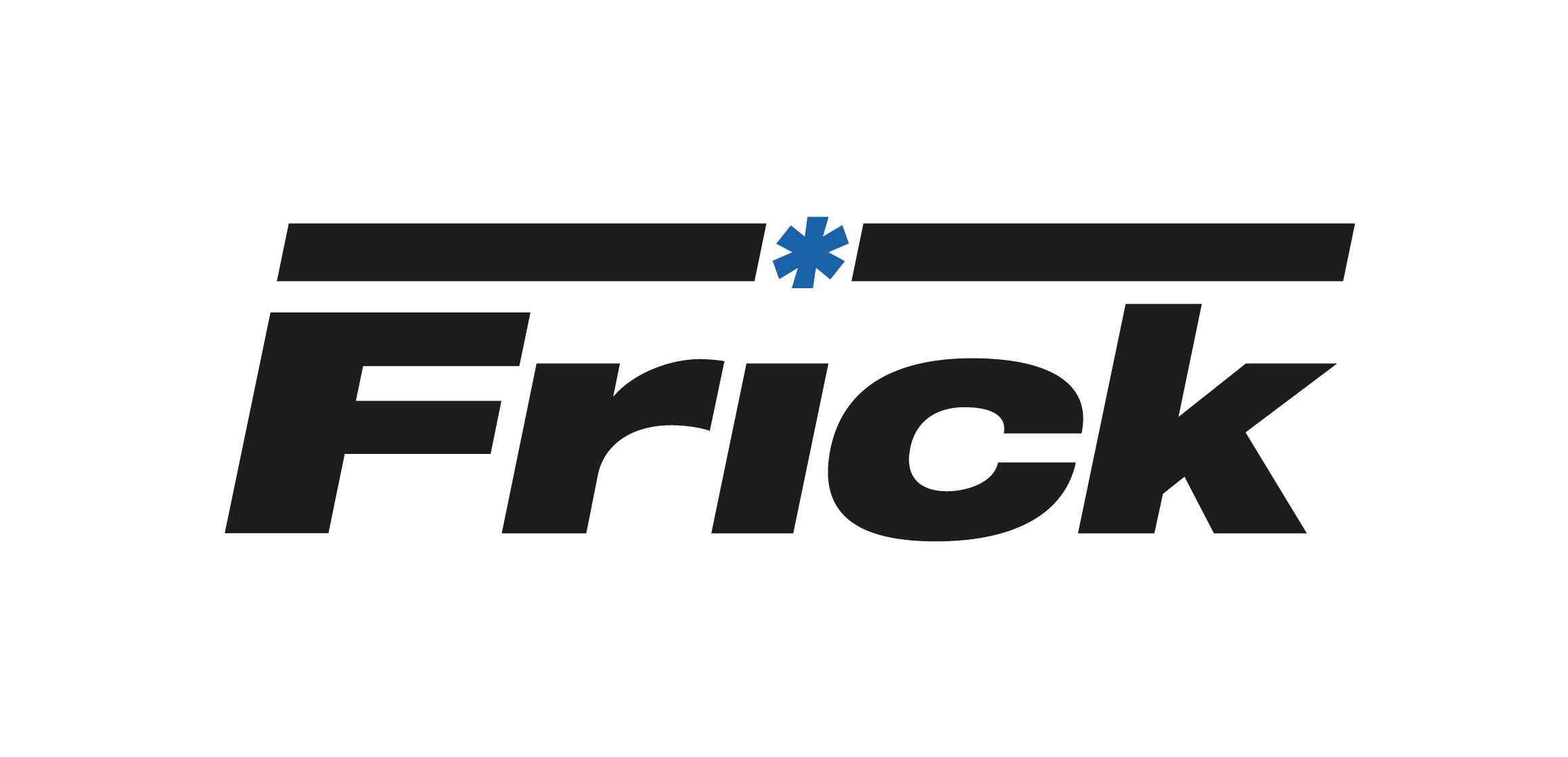



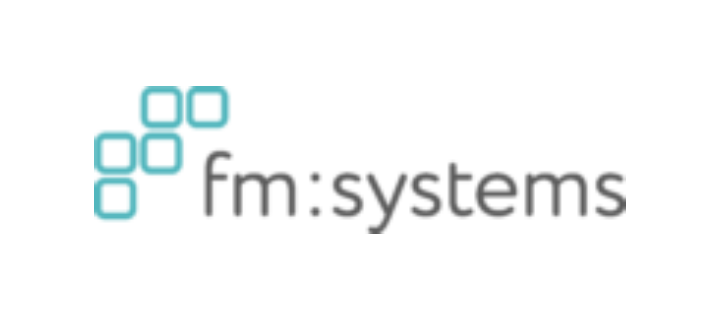

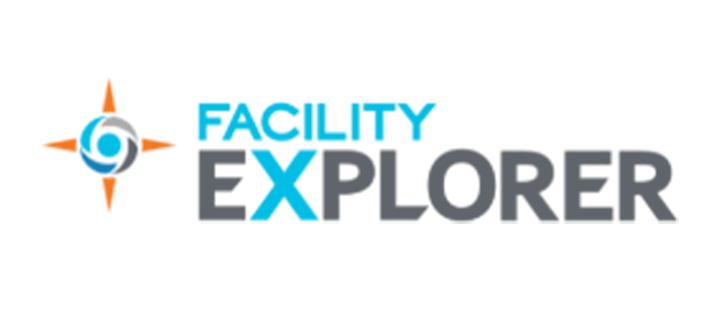
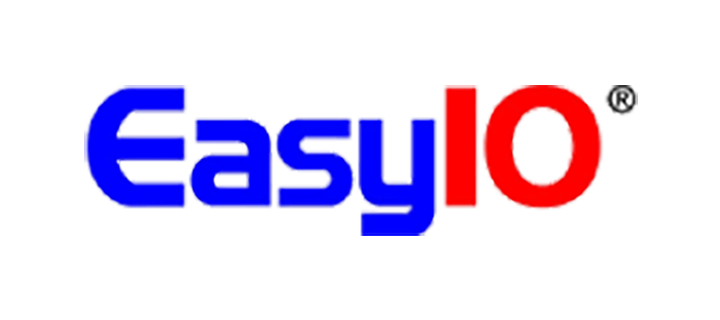
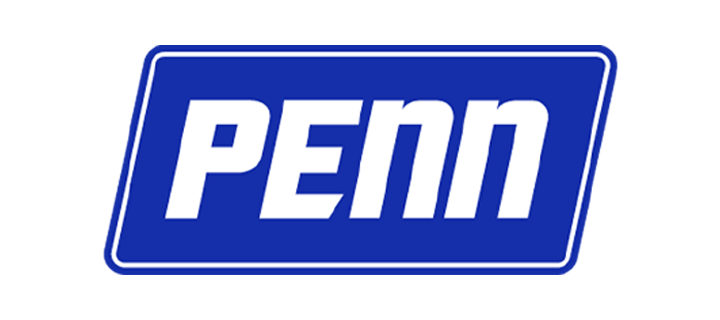

.jpg?la=en&h=320&w=720&hash=244C75B74F0F77521D56164450973BCD)

